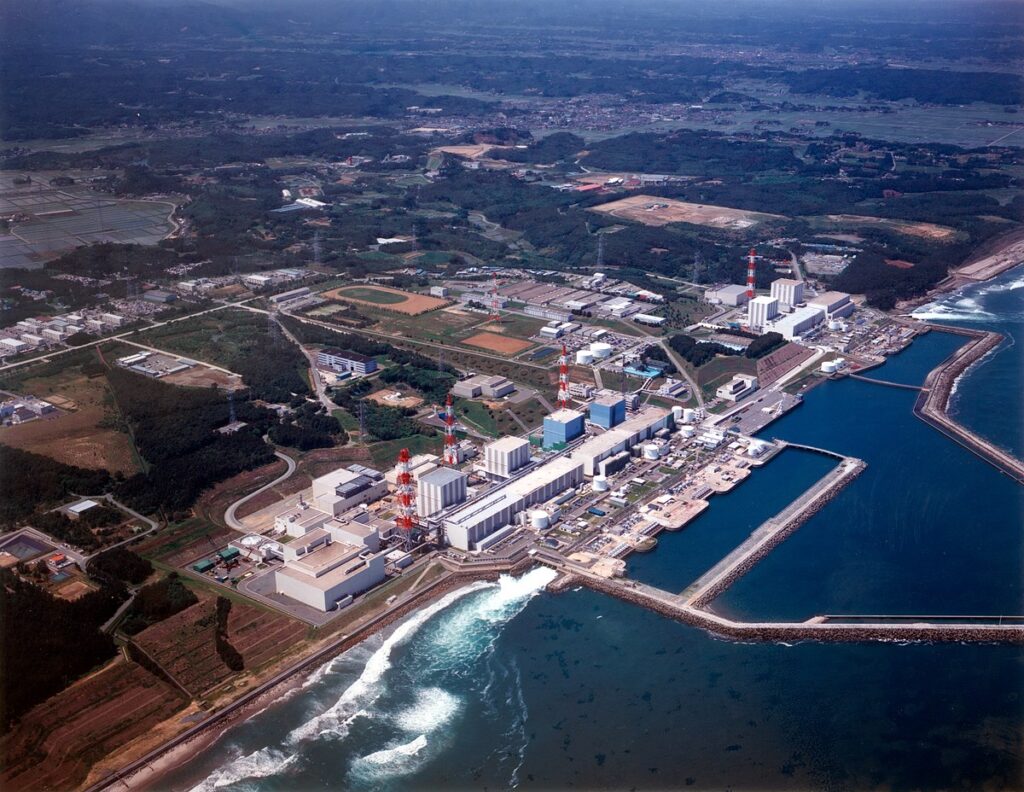The Tokyo Electric Power Company (TEPCO) is preparing to dump about 1.3 million tonnes of contaminated water into the Pacific over three to four decades, as it decommissions the Fukushima Daiichi Nuclear Power Plant, 12 years after it was devastated by a tsunami.
Via a report by the International Atomic Energy Agency, Japan’s approach to discharge treated nuclear wastewater into the Pacific is consistent with relevant international safety standards. However, Papua New Guinea Opposition Leader Joseph Lelang is calling on the Prime Minister James Marape to reject a report by the International Atomic Energy Agency (IAEA) and oppose Japan’s request to dump nuclear waste in the Pacific Ocean.
Mr Lelang said the IAEA released a report on its findings in its latest report covering its independent sampling and analysis to assess the safety relating to Japan’s plan to release the treated nuclear wastewater from the Fukushima nuclear waste.
He said their report is completely contradictory to the Position Paper released by the Pacific Island Forum and the National Association of Marine Laboratories (NAML) in opposing Japan’s plan to dump.
“I am rejecting Japan’s plans to release radioactive waste in the Pacific Ocean outright because it will affect the ocean marine life, it will affect the fishing industry and its markets and the health of our people in Pacific Island countries.”
Opposition Leader, Joseph Lelang said the Opposition’s position is clear and they acknowledge the NAML, an organization made up of 100 member laboratories that are now calling on the government of Japan and IAEA scientists to more fully and adequately consider the options recommended by the Pacific Islands Forum experts’ panel.
“NAML have made their position clear and that they are concerned about the absence of critical data on the radionuclide contents of each tank and the underlying rationale of dilution ignores the reality of biological processes of organic binding bioaccumulation and bio-concentration as well as accumulation in local sea food sediments.”
The Opposition Leader said it is right on the government to commit to the Treaty of Rarotonga and Treaty of Waigani of which Papua New Guinea is signatory to both and is binding by law. “The Treaty of Rarotonga on the Nuclear Free Zone opened for signature on 6th of August 1985 and entered into force on 11th December 1986, of which, PNG is a current state membership.
“The Treaty of Waigani is the Convention to Ban the importation into Forum Island Countries of Hazardous and Radioactive Wastes and to control the transboundary Movement of Hazardous wastes with in Pacific Region.”
Lelang further reminded the Government that once a treaty has been signed and rectified by parliament, it takes the force of domestic law, so when we are talking to Japan to dump nuclear waste into any part of pacific it breaches domestic law.
“The Treaty was signed in Waigani, in PNG in 1995 and was entered into force in 2001.” “Other Members to the Treaty are; Australia, Cook Island, Fiji, Kiribati, Federated States of Micronesia, Niue, New Zealand Niue, Samoa, Solomon Islands, Tonga, Tuvalu, and Vanuatu.”

